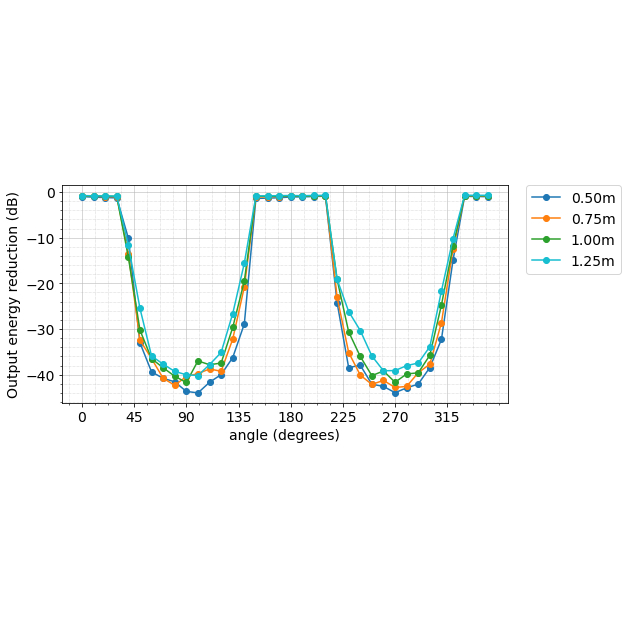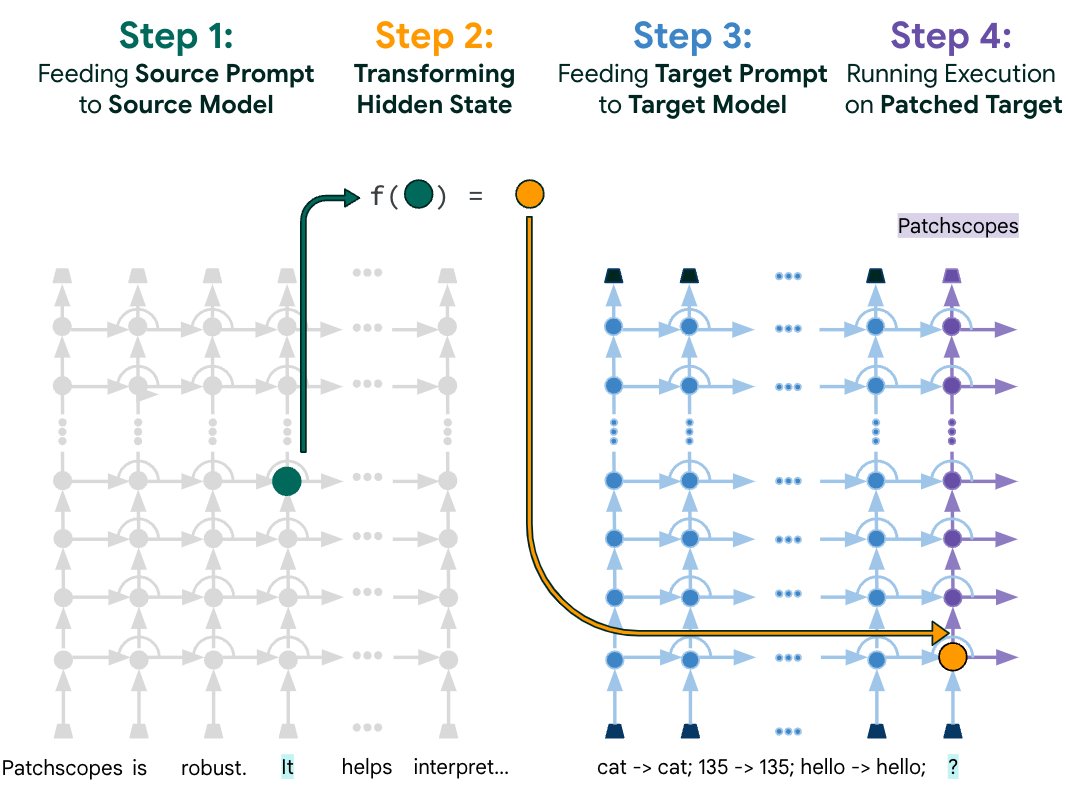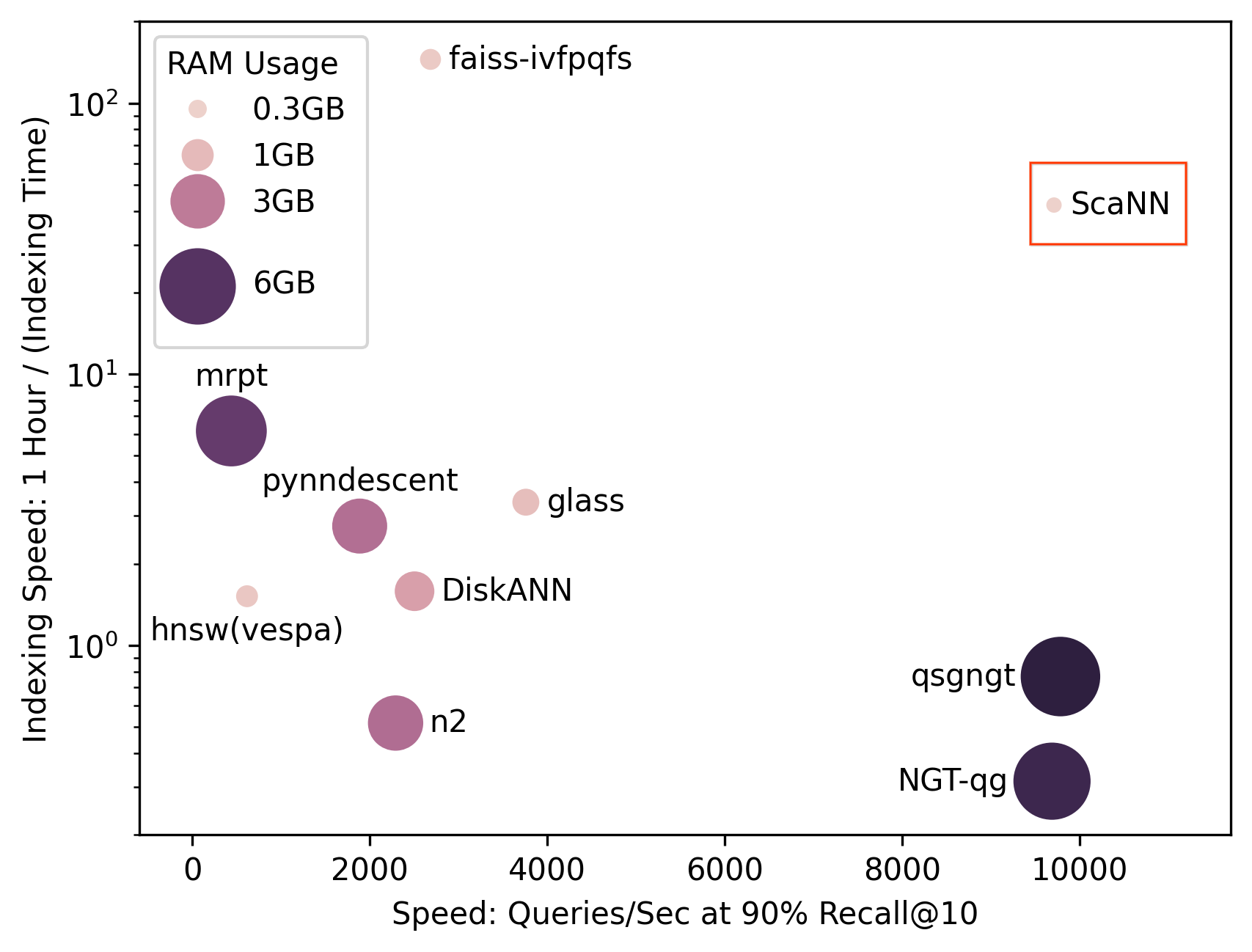
Seminal Ideas from 2007
September 6, 2017
Posted by Anna Ukhanova, Technical Program Manager, Google Research Europe
It is not everyday we have the chance to pause and think about how previous work has led to current successes, how it influenced other advances and reinterpret it in today’s context. That’s what the ICML Test-of-Time Award is meant to achieve, and this year it was given to the work Sylvain Gelly, now a researcher on the Google Brain team in our Zurich office, and David Silver, now at DeepMind and lead researcher on AlphaGo, for their 2007 paper Combining Online and Offline Knowledge in UCT. This paper presented new approaches to incorporate knowledge, learned offline or created online on the fly, into a search algorithm to augment its effectiveness.
The Game of Go is an ancient Chinese board game, which has tremendous popularity with millions of players worldwide. Since the success of Deep Blue in the game of Chess in the late 90’s, Go has been considered as the next benchmark for machine learning and games. Indeed, it has simple rules, can be efficiently simulated, and progress can be measured objectively. However, due to the vast search space of possible moves, making an ML system capable of playing Go well represented a considerable challenge. Over the last two years, DeepMind’s AlphaGo has pushed the limit of what is possible with machine learning in games, bringing many innovations and technological advances in order to successfully defeat some of the best players in the world [1], [2], [3].
A little more than 10 years before the success of AlphaGo, the classical tree search techniques that were so successful in Chess were reigning in computer Go programs, but only reaching weak amateur level for human Go players. Thanks to Monte-Carlo Tree Search — a (then) new type of search algorithm based on sampling possible outcomes of the game from a position, and incrementally improving the search tree from the results of those simulations — computers were able to search much deeper in the game. This is important because it made it possible to incorporate less human knowledge in the programs — a task which is very hard to do right. Indeed, any missing knowledge that a human expert either cannot express or did not think about may create errors in the computer evaluation of the game position, and lead to blunders*.
In 2007, Sylvain and David augmented the Monte Carlo Tree Search techniques by exploring two types of knowledge incorporation: (i) online, where the decision for the next move is taken from the current position, using compute resources at the time when the next move is needed, and (ii) offline, where the learning process happens entirely before the game starts, and is summarized into a model that can be applied to all possible positions of a game (even though not all possible positions have been seen during the learning process). This ultimately led to the computer program MoGo, which showed an improvement in performance over previous Go algorithms.
For the online part, they adapted the simple idea that some actions don’t necessarily depend on each other. For example, if you need to book a vacation, the choice of the hotel, flight and car rental is obviously dependent on the choice of your destination. However, once given a destination, these things can be chosen (mostly) independently of each other. The same idea can be applied to Go, where some moves can be estimated partially independently of each other to get a very quick, albeit imprecise, estimate. Of course, when time is available, the exact dependencies are also analysed.
For offline knowledge incorporation, they explored the impact of learning an approximation of the position value with the computer playing against itself using reinforcement learning, adding that knowledge in the tree search algorithm. They also looked at how expert play patterns, based on human knowledge of the game, can be used in a similar way. That offline knowledge was used in two places; first, it helped focus the program on moves that looked similar to good moves it learned offline. Second, it helped simulate more realistic games when the program tried to estimate a given position value.
These improvements led to good success on the smaller version of the game of Go (9x9), even beating one professional player in an exhibition game, and also reaching a stronger amateur level on the full game (19x19). And in the years since 2007, we’ve seen many rapid advances (almost on a monthly basis) from researchers all over the world that have allowed the development of algorithms culminating in AlphaGo (which itself introduced many innovations).
Importantly, these algorithms and techniques are not limited to applications towards games, but also enable improvements in many domains. The contributions introduced by David and Sylvain in their collaboration 10 years ago were an important piece to many of the improvements and advancements in machine learning that benefit our lives daily, and we offer our sincere congratulations to both authors on this well-deserved award.
* As a side note, that’s why machine learning as a whole is such a powerful tool: replacing expert knowledge with algorithms that can more fully explore potential outcomes.↩


